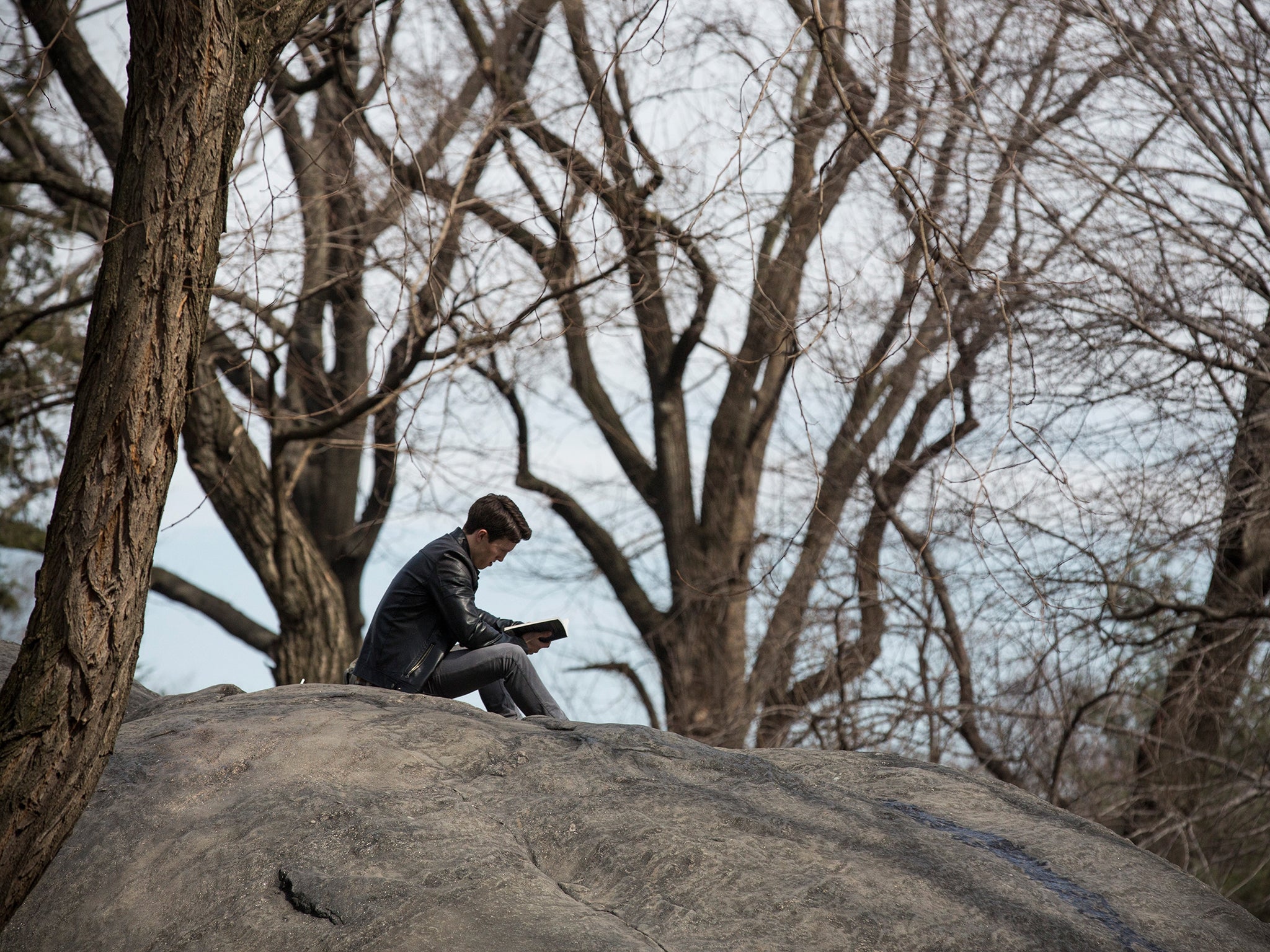People assume English literature students ‘have it easy’ only because we don’t complain about our work
'You’ll see us English lit students equipped with a pencil and set of highlighters, fervently annotating the book in our hands in the hope this will help us retain information'

All students understand that family occasions bring with them the question, ‘What do you study?’ over and over again. If you’re a medic, your response probably gives way to a standing ovation in your nan’s living room. Life, however, isn’t so glorious for us English students.
Studying English literature, I’ve been told before, is like “being on holiday” because we “only” have to read three novels a week. Let me assure you, James Joyce’s 1,000-page modernist masterpiece ‘Ulysses’ isn’t exactly poolside material.
One of the main reasons people wrongly assume English lit students have it easy is because we don’t complain about our work. Most of us are studying the subject because it was our favourite at school. We’re the creative types who aspired to be novelists throughout our childhood. For that reason, translating Chaucer’s Old English into something comprehensible isn’t a chore; it’s an interesting and rewarding challenge.
It’s true that those on a maths or engineering degree have to battle through 9-to-5 days all week, while we English lit students have about ten hours of lectures and seminars a week in total. But this really doesn’t constitute the entirety of our degree as, outside of this. we have to read a LOT. Keeping on top of this without becoming a recluse is a challenge, to say the least, and avoiding it isn’t an option. Every week, we have seminars which, in a sense, are glorified book clubs - but a lot more academic than that nickname suggests. We’re all expected to contribute to the discussion over the course of the session and, therefore, an adequate understanding of the text is needed because you’re constantly haunted by the fear of sounding stupid in front of your peers.
We’ve all been that person who skimmed through the last few pages of a book to finish it in time, missing essential plot information and resulting in a blatant blunder and humiliation from the seminar leader. In a bid to avoid this, you’ll see us English lit students equipped, at all times, with a pencil and set of highlighters, fervently annotating the book in our hands in the hope this will help us retain information.
Despite this, a good memory isn’t essential for being a lit student as, in most cases, we don’t have exams, and our assessments are predominantly essay-based. This leads to a lot of teasing from students on other courses, undoubtedly a tactic to make them feel better about themselves during the stressful exam period. We have to listen to them scornfully dub our beloved English lit a “Mickey Mouse subject” and tell us we won’t bag a job after three years in higher education. This is far from the truth and everyone knows it, including the accusers.
Due to the fact that we don’t waste our entire life away in lecture theatres and exam halls, English lit students have plenty of time on their hands to hone their talents for the future. I know plenty of creative writers on my course who spend the extra hours they have performing at poetry recitals and penning their next award-winning work of fiction. One of them might just be the next Zadie Smith, an English novelist who graduated from Cambridge with a degree in English literature before publishing critically-acclaimed books like White Teeth and On Beauty. But don’t think you have to go to Oxbridge for your English lit degree to be worthwhile, or that you’re bound to become a writer. Success stories in other arts sectors include Danny Boyle, who became the brains behind Trainspotting and Slumdog Millionaire after studying English at Bangor. In music, Sting is just one example of an English literature graduate achieving fame, and let’s just assume writing essays on Shakespeare impacted on his songwriting skills and earned him that star on the Hollywood Walk of Fame.
Personally, studying English literature has taught me I can be anything I want to be and I’m not just destined to be a teacher, as people wrongly assume. While it seems my degree is only part-time, this is far from the truth as it affects so many aspects of my life. For one thing, writing essays has given me confidence to contribute articles to the student newspaper, which presented me with this opportunity to write for the Independent. Hopefully in doing this, I’ve helped dismantle the stigma that English literature students just laze around tea rooms all day musing over T.S. Eliot...
Join our commenting forum
Join thought-provoking conversations, follow other Independent readers and see their replies
Comments
Bookmark popover
Removed from bookmarks